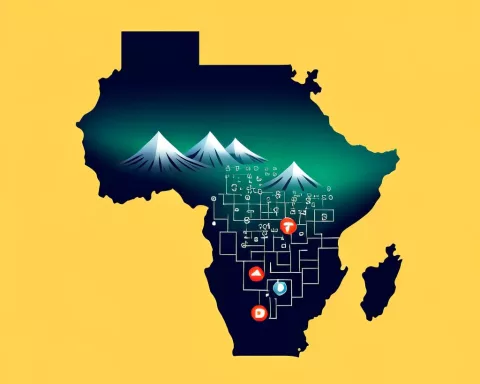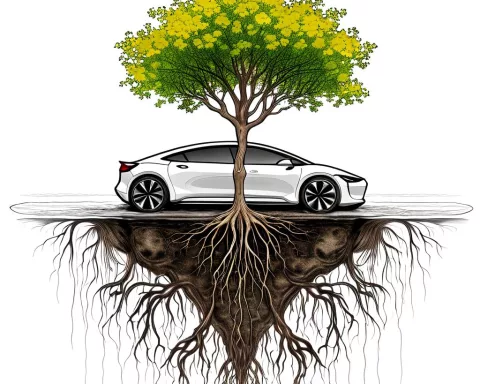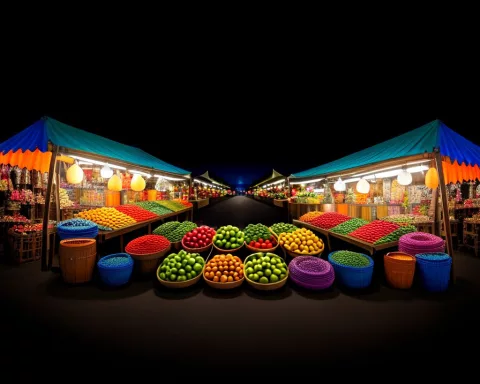The Sentech Africa Tech Week Conference recently took place in Cape Town, bringing together key stakeholders from across the tech industry. The event aimed to explore new business opportunities in the African Tech industry and discuss the latest trends, insights, and best practices. One of the key topics discussed at the conference was the Digital Transformation Strategy for Africa (2020-2030).
The Digital Transformation Strategy for Africa
The Digital Transformation Strategy for Africa is in place to harness digital technologies and innovation to transform African societies and economies. The overall objective of the strategy is to promote Africa’s integration, generate inclusive economic growth, stimulate job creation, break the digital divide, and eradicate poverty. In addition, the strategy contains specific objectives to drive digital transformation in Africa and contribute to the digital economy.
Objectives of the Digital Transformation Strategy
The objectives of the Digital Transformation Strategy include:
– Building a secured Digital Single Market in Africa by 2030
– Harmonising policies, legislations, and regulations
– Establishing and improving digital networks and services to strengthen intra-Africa trade
– Establishing awareness and counterbalancing issues of Cyber Security and Personal Data Protection and Privacy
– Building inclusive digital skills and human capacity across the digital sciences
One of the key ways to achieve these objectives is by offering a massive online e-skills development program to provide basic knowledge and skills in security and privacy in the digital environment.
Department of Communications and Digital Technologies (DCDT) Focus Areas
The DCDT focuses on four key areas: Digital Infrastructure, Digital Skills and Talent, Stimulating Innovation, and Industrialisation. Concerning digital infrastructure, the DCDT is committed to building infrastructure that will ensure agile and universal connectivity. The department published the Rapid Deployment Policy and Policy directions in March 2023 to provide a more efficient and expedited rollout of digital infrastructure.
Regarding digital skills and talent, the DCDT recognizes the increasing demand for digital skills and has developed the National Digital and Future Skills Strategy to train young, unemployed South Africans in various digital skills.
Encouraging local innovation is also critical as the solutions respond to local problems. In this regard, the department developed a Digitech portal to promote South African products in other markets while facilitating partnerships with other organizations to co-promote local technologies.
Generating Employment and Livelihoods
Generating employment and livelihoods is a priority for all. The availability of critical minerals for the digital age in South Africa and neighboring countries positions us to be producers and add value to our natural heritage. This will cut off the cycle of poverty, unemployment, and inequality.
The Sentech Africa, Tech Week Conference, provided stakeholders with a platform to connect and explore new business opportunities. The DCDT has developed policies and programs to ensure digital transformation, focusing on digital infrastructure, skills development, innovation, and industrialization. The department’s policies are aligned with the government’s vision to use appropriate digital technologies for economic growth. It is critical to position Africa as not just a consumer market but a continent where new ideas, innovations, and policy positions originate.












